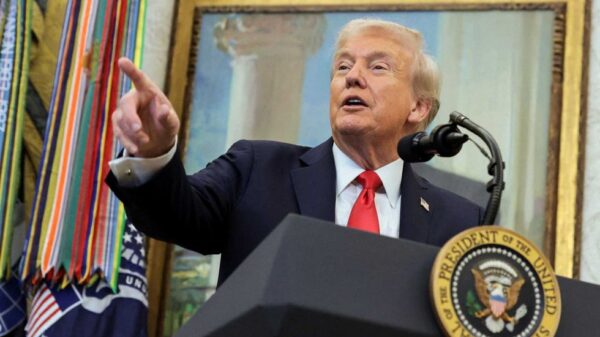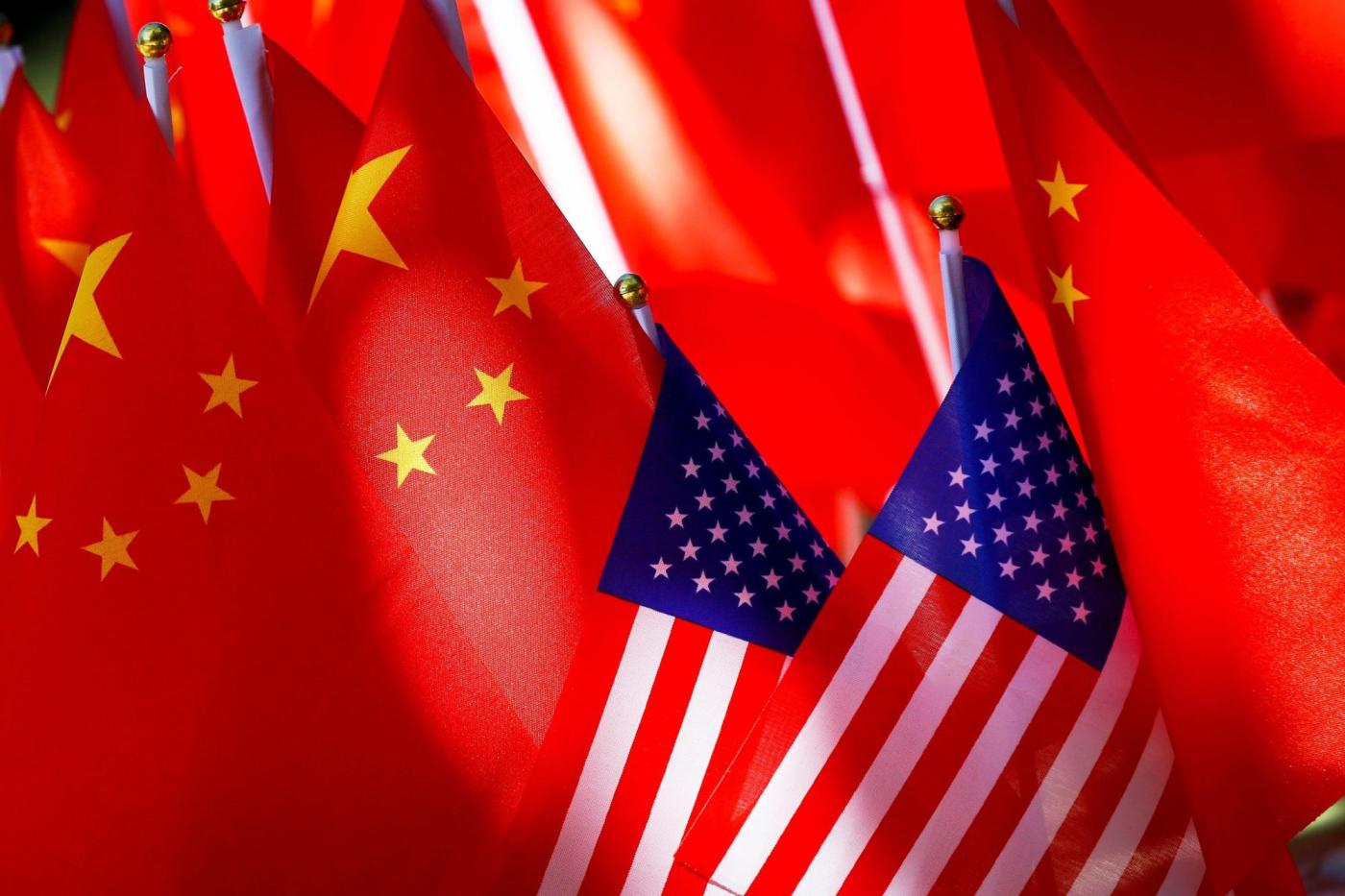Concerns are mounting over the presence of foreign influence within U.S. higher education institutions, particularly from the Chinese Communist Party (CCP). Recent reports indicate that CCP members are establishing covert branches on American campuses, utilizing the influx of Chinese exchange students and scholars to further their agenda. This infiltration poses a potential national security threat, undermining the openness that American universities are known for.
According to the Daily Caller News Foundation, these overseas party branches operate largely under the radar at several universities, including Oklahoma State University, the University of Nebraska-Lincoln, and the University of Colorado-Denver. Activities conducted by these branches include meetings and the distribution of ideological materials, often coordinated through platforms like WeChat or channels associated with the Chinese consulate. This allows them to bypass university oversight and embed a political allegiance within institutions committed to academic neutrality.
The implications of such activities are significant. While the commitment of U.S. universities to openness and collaboration is commendable, it also makes them vulnerable to exploitation. The establishment of CCP-affiliated groups represents a strategic maneuver that capitalizes on the very values that define American higher education. The challenge lies in recognizing that ideological infiltration can mimic genuine academic exchange, which complicates the landscape for educational institutions.
It is essential to clarify that the presence of foreign political operatives should not be conflated with the presence of Chinese students, the majority of whom come to the United States seeking education. These students contribute to the rich diversity of American campuses and should be welcomed without suspicion. Nevertheless, vigilance is crucial. Institutions must be equipped with the necessary tools to identify and address any foreign influence that undermines their mission.
Lawmakers are urged to ensure that appropriate measures are in place to protect educational environments from political manipulation. Ignorance of these issues can lead to negligence, which is dangerous in the context of national security. As discussions continue, the framing of the conversation is critical. Proposals to ban Chinese students outright would unfairly penalize innocent individuals and contradict the values of openness that American education espouses. Conversely, a stance of complete openness without checks can lead to exploitation and erode trust in these institutions.
A balanced approach is essential moving forward. This includes establishing a framework that protects students genuinely seeking education while empowering universities and federal agencies to detect and deter foreign influence operations. Achieving this balance will help safeguard the integrity of American higher education and its role as a global leader in fostering innovation and thought.
As the landscape of national security continues to evolve, addressing these challenges within the context of higher education is more important than ever. The values of openness and collaboration must be preserved while ensuring that they are not misused for political agendas. The integrity of U.S. colleges and universities rests on their ability to navigate these complex issues effectively.





































































